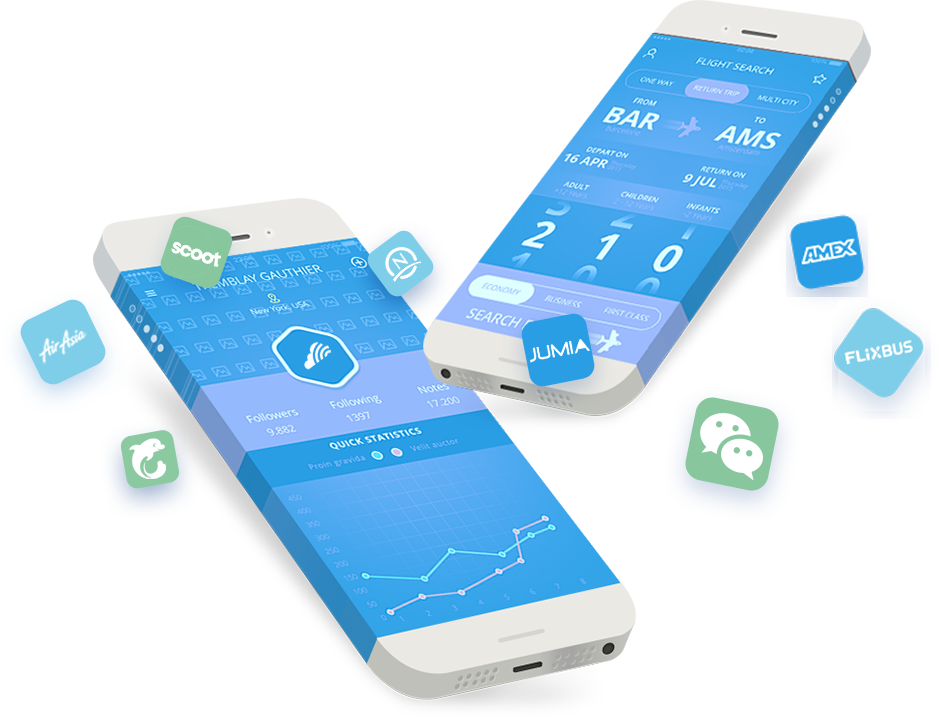How Insurance claims automation/RPA is Changing the Shape of Insurance IndustryPosted by Ancileo on March 22nd, 2019 Preamble: Insurance claims automation/ RPA is the catch word in the industrial parlance. Every industry is aiming to go for automation to reduce cost and bringing better efficiency to the systems. A study carried out by McKinsey Global Institute in 2007 reveals that in Insurance and Finance Industries there is 43% potential for automation. It is likely that by 2025, about 25% of the task force in insurance industry will be consolidated or replaced, particularly in Operations and Administrative support. In order to bring efficiencies and to reduce operation cost, the Insurance industries are aiming to merge Intelligent Automation as AI, Machine Learning & Cognitive tools with Robotic Process Automation (RPA). Challenges and Opportunities in the Insurance Industry Normally, the insurance companies invest the premiums paid by the customers into a number of financial instruments. But in the present low –interest rate scenario, profit margins from such investment has comedown heavily. At the top of it, the Online P2P insurers are offering low interest rate and, hence, the insurance companies are required to face cut-throat competition. Amazon has already started to hire insurance professional in UK, Germany, France, Italy, and Spain. As per Global Data 2017 General Insurance Survey, 18% of consumers would buy home insurance or their motor from Amazon. Thus, the insurance sector is facing constant challenges from all sides. They are forced to optimize operational costs, improve overall efficiencies and maximize ROI. Some of the challenges before the insurance sector: · The insurance industry has vast data reservoirs; they deal in mixed data formats viz, both paper and electronic documents. To extract data from such reservoirs is time consuming and also liable for error. · Use of multiple legacy applications and disparate systems results in lower operational efficiencies and in higher administrative cost. · In addition to issuing policies and processing claims, the insurance company has to handle backend jobs like policy quotes & servicing, underwriting, drafting receivables & payables, renewing premium, identifying premium discrepancies, conducting compliance and legal/credit checks, etc. which are time –consuming and prone to error. Use Cases on Intelligent Automation: Points which need to be consider: · Simply being a complex process does not qualify for automation. Before going for automation, a cost benefit analysis needs to be carried out to see if a process deserves automation. Select those processes which will yield significant cost benefit. · Start with small initiative and expand gradually. Instead of taking all the processes at a time start with some small processes. Observe its expected efficiencies and cost benefits. If satisfied, then slowly pick up Insurance claims automation/RPA to other processes. · Avoid over automation. Some organizations may think for automating the entire process to eliminate use of man power. Such approach being highly capital intensive it be prudent to study if an optimum use of manpower and automation will serve the purpose. Given below are some of the use cases which may be worthy candidates for intelligent automation in the insurance sector: · Smart Media Reader: Present system of paper handling in the insurance industry is inefficient, costly and subject to error. To cope up with the problem the processes can be streamlined with a minimum manpower using intelligent automation. Using Robotics Process Automation (RPA) a smart media reader solution can be developed. This can read and extract relevant data from scanned documents. The solution can also be integrated with existing processes that rely heavily on extracting data /information from paper documents. The OCR capabilities can also be used by the solution to read data, use smart references, etc. and interface with relevant systems to perform automatic reconciliation. · Smart Claims Handler: To reduce handling and cycle time of the claims processes the insurance company can create a condition-based RPA solution. This will validate and verify the incoming request. Those claim requests which meet for automatic handling criteria can be routed to the robotic processing & resolution system (e.g. chat bots), Those claim requests which don’t meet automatic handling criteria can be routed for manual resolution. If felt needed, the solution can have inbuilt rule-based fraud detection capabilities also. To bring down operational cost further this can be integrated with smart media reader solution. · Smart Underwriting Solution: A smart solution should consider underwriting both as a science as well as an art. For this a rule-based RPA solution can be built for the underwriting system. This will determine whether a submission or a renewal is suitable for automated or a hybrid process. The rules, predictive models, and machine learning algorithms will evaluate, rate and price a submission, these will be governed by the automated process, For a more complex submission, a hybrid process can be used by dint of which underwriters, using their art and knowledge and supported by recommendations generated by the solution will find a logical answer. Conclusion:  In this age of cut-throat competition, driven by disruptive technologies, and complex market, the insurance sector is facing tremendous challenges from all sides. Therefore, they are looking for cost optimization, improving overall efficiency and maximizing rate of returns. Through Intelligent automation this sector can quickly automate key processes to achieve higher efficiencies and streamline operational costs. By doing so, professionals will be able to focus more on value-added functions and be able to contribute efficiently towards overall company’s objectives. Thus, in order to find out more about how we can help your organization’s in Insurance claims automation/ RPAand about technology that we provide i.e. Digital Insurance Platform to help organizations efficiently automate business processes please visit our website https://ancileo.com/ and email us at contact@ancileo.com. Like it? Share it!More by this author |


